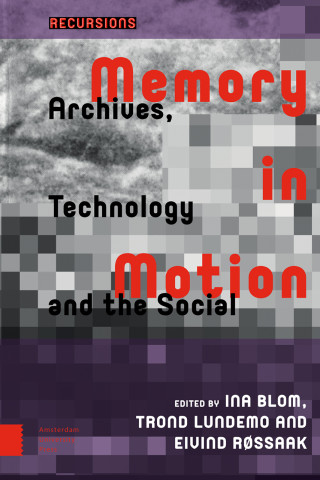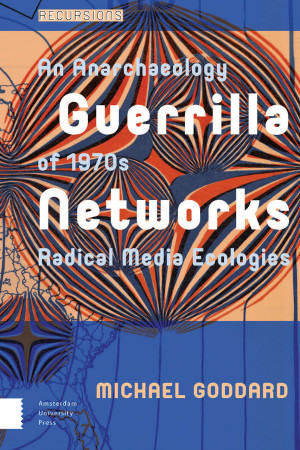The radical youth movements of the 1960s and '70s gave rise to both militant political groups ranging from urban guerrilla groups to autonomist counterculture, as well as radical media, including radio, music, film, video, and television. This book is concerned with both of those tendencies considered as bifurcations of radical media ecologies in the 1970s. While some of the forms of media creativity and invention mapped here, such as militant film and video, pirate radio and guerrilla television, fit within conventional definitions of media, others, such as urban guerrilla groups and autonomous movements, do not. Nevertheless what was at stake in all these ventures was the use of available means of expression in order to produce transformative effects, and they were all in different ways responding to ideas and practices of guerrilla struggle and specifically of guerrilla media. This book examines these radical media ecologies as guerrilla networks, emphasising the proximity and inseparability of radical media and political practices.
'Michael Goddard is the consummate intellectual crate digger. Here he unearths some secret seventies classics that will blow your mind, maybe blow up some buildings, and definitely blow the dust from any settled notion of media.' - Professor Matthew Fuller, Goldsmiths, University of London
'Michael Goddard's original excursions through guerrilla media ecologies in radio, film, music, video, and television animate unexpected encounters with the tactics of urban guerrilla cells in the 1970s. Drawing from Deleuze and Guattari, Goddard emphasises the minor knowledges and practices of guerrilla media experiments concerned with striking blows to dominant communication circuits. Guerrilla Networks is a perceptive and provocative book that plots its own tactical itinerary of movements through and between breathtakingly rich socio-technical contexts to find resonance in some contemporary iterations of activism, art, and hacking.' - Dr. Kimberly Mair, Associate Professor, University of Lethbridge, author of Guerrilla Aesthetics: Art, Memory, and the Urban Guerrilla (2016)
'Goddard's subject is the subversion or take-over of the media as a post-1968 project: a new underground of critique and provocation that, in this reading, tracked, infiltrated and interrogated the ways in which 1970s capitalism reasserted psychic control over its unwitting subjects. Guerrilla Networks, with a methodological scope and nuance vastly in advance of the field, recovers a vital period in terms of politics and aesthetics that was both brilliant and impossible.' - Dr. Benjamin Halligan, University of Wolverhampton and author of Desires for Reality: Radicalism and Revolution in Western European Film (2016)
'Michael Goddard provides an invaluable guide to a too often forgotten history of radical media practices, from Maodadaism to guerrilla television. Today in an age of the mediatization of all of life it is precisely these attempts to hijack media cultures into spaces of liberation that are more relevant to learn from than ever before.' - Dr. Stevphen Shukaitis, University of Essex and author of The Compositions of Movements to Come

